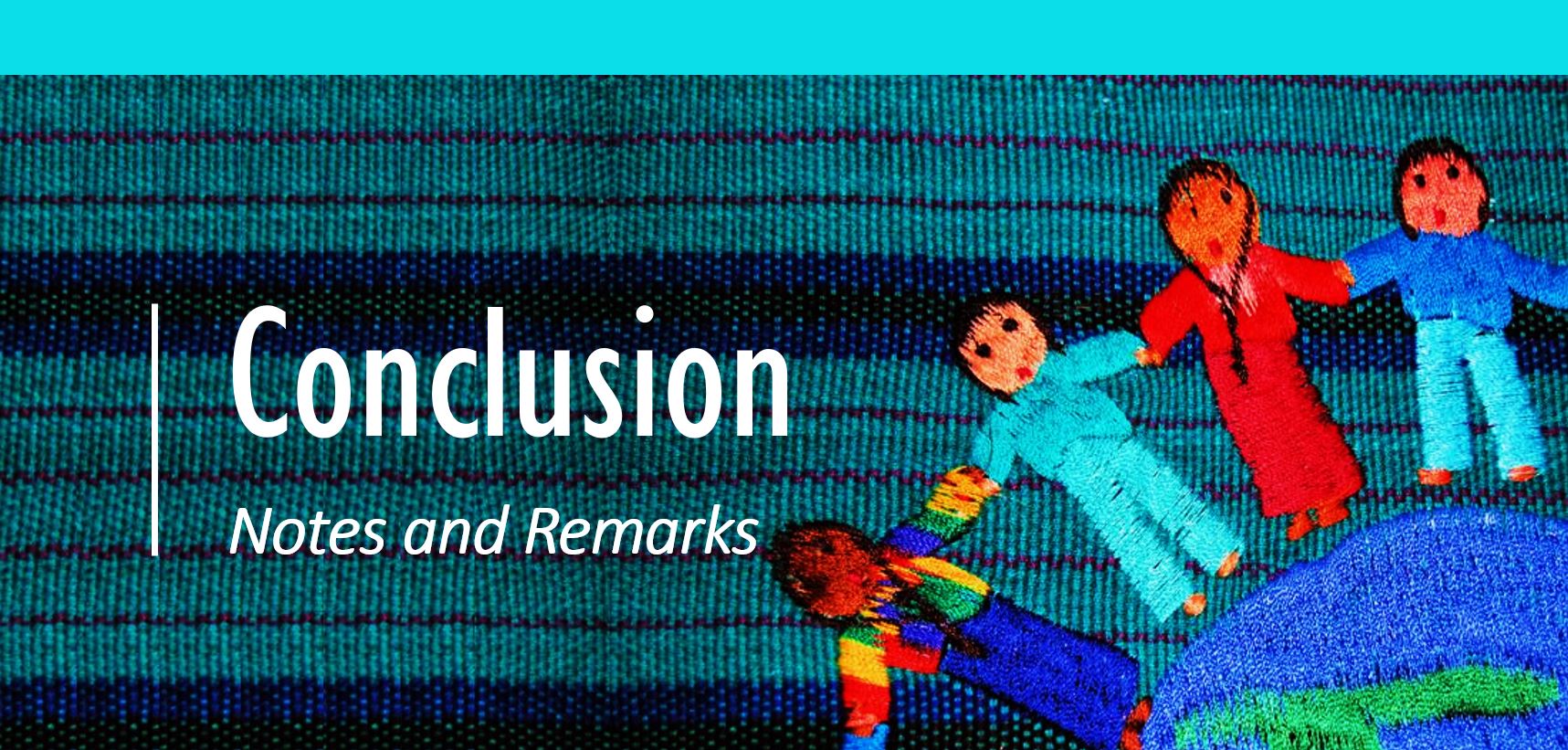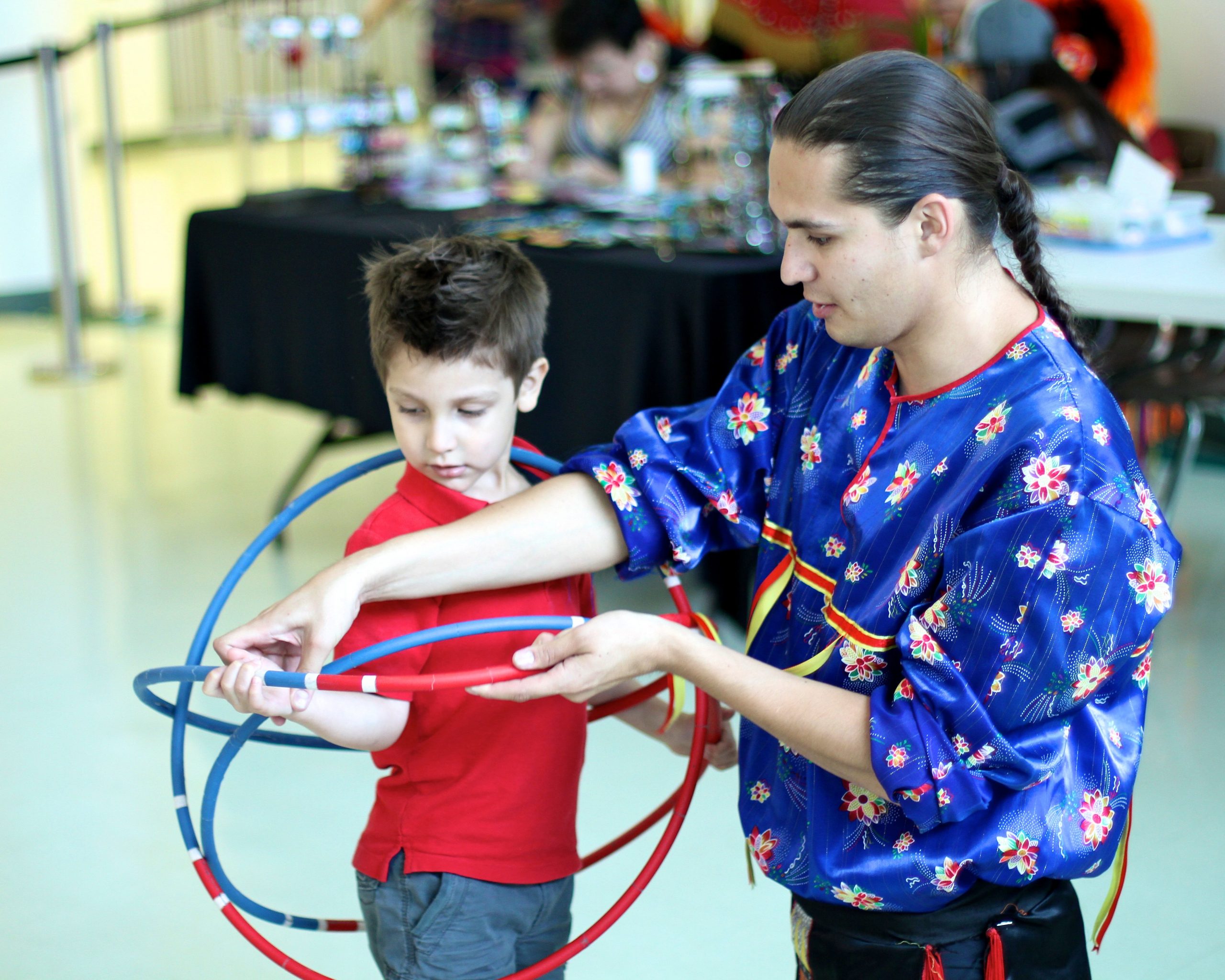
For millennia, Turtle Island’s Indigenous communities have met their material needs through hunting, gathering, agriculture, production, and trade while deeply respecting the Land and understanding themselves to be part of it. When faced with newcomers, many have been willing to extend the hand of kinship. Many have been willing to share landscapes and waterways. Many have fought alongside French and British and non-Indigenous Canadian soldiers. Many have been willing to teach their wisdom, knowledge, and culture, and to embrace what they consider to be the best aspects of western wisdom, knowledge, and culture.
But one hundred and fifty years ago, the newly formed nation of Canada sought to suppress Indigenous norms and institutions, and to transfer Indigenous lands and fisheries to non-Indigenous people. The Indian Act was drawn up so that reserve lands and economies would be overseen by government agents. These Indian Agents were not held responsible for Indigenous health and prosperity; even in recent years the federal government has been criticized for its lack of goal-setting, transparency, and accountability with respect to First Nations well-being.

By the perseverance of Indigenous communities and the indefatigable work of activists; by the rulings of the Supreme Court of Canada and the gradual re-orientation of federal and provincial governments; by reforms of and alternatives to the Indian Act; by research and public commissions and courageous journalism; by the awakening of the Canadian conscience; by the grace of Creator the economic, political and social situation of Indigenous communities is changing for the better.
As non-Indigenous Canadians seek to do their part in this era, let them realize that, as others have said, it is better to be with a group than for a group. We need to actualize that kinship offered by so many past and present Indigenous leaders.

